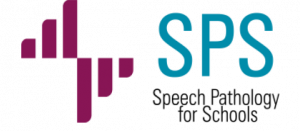
Vocabulary extension:
Vocabulary development is important to language development, research has shown that vocabulary skills are closely related to academic success at school (Hempenstall K. 2016, Munro J. OLSEL website).
By vocabulary we mean knowing of words and what they mean.
There are two ways to learn words: read and use. You come across new words when you read them or when you hear them used around you.
When thinking of words consider:
What does it mean?
Practice using it in sentences.
What are other words that belong to the same meaning (semantic) category?
What are other words that mean the same thing?
What are opposites of the word?
At home activity suggestions:
Choose a family WOW (Word Of the Week) word. Write it on a piece of paper, keep it on the fridge, have it on the dining table. Talk about it.
Get each member of the family to say a sentence each day using the word.
Make a family word book.
Remember that multiple practice of the word in a variety of situations is required for a child to learn and understand a new word.
Include a family word for the week that everyone needs to try and use each day. The word for this week could be /hilarious/
Revisit previous family WOW words
Example
Hilarious means funny
The movie Despicable me was hilarious.
Other words that mean hilarious: hysterical, comical, amusing
Opposites of the word hilarious are: boring, serious, sad
Some good websites that provide words to use include:
http://www.scholastic.com/parents/blogs/scholastic-parents-raise-reader/wordgirls-word-week
https://learnenglishkids.britishcouncil.org/en/word-the-week
Here is a hilarious joke to finish off
Q: What is it called when a cat wins a dog show?
A: A CAT-HAS-TROPHY
*Maybe your next WOW word can be catastrophe…

